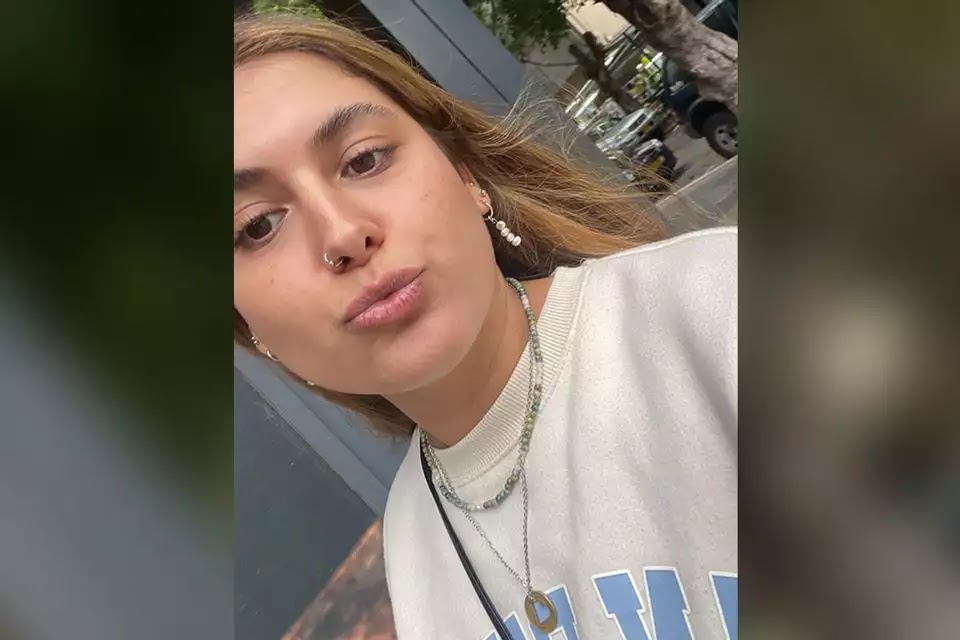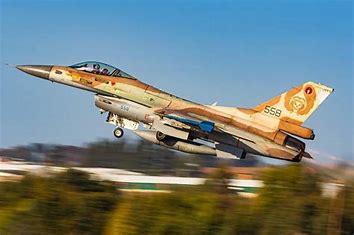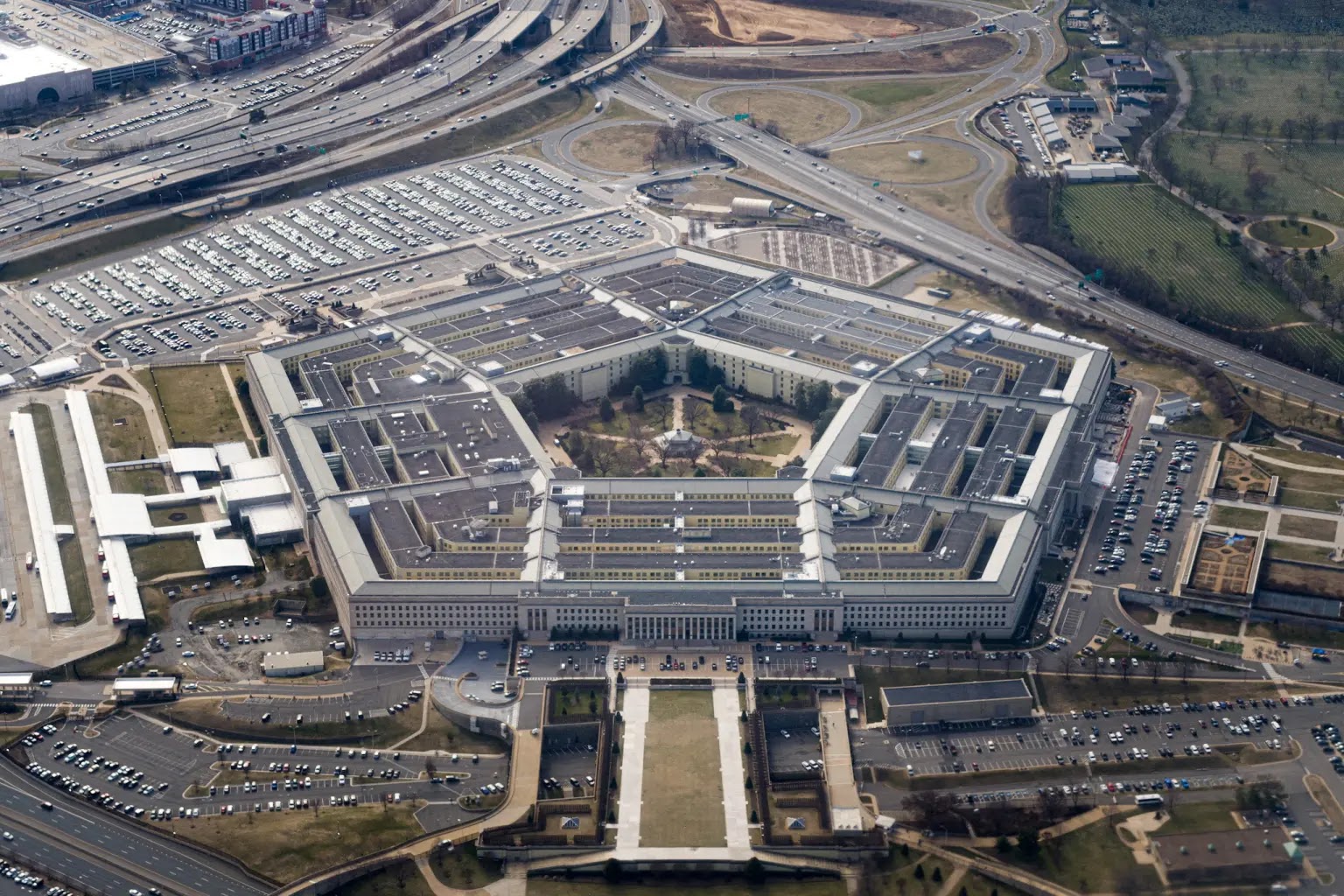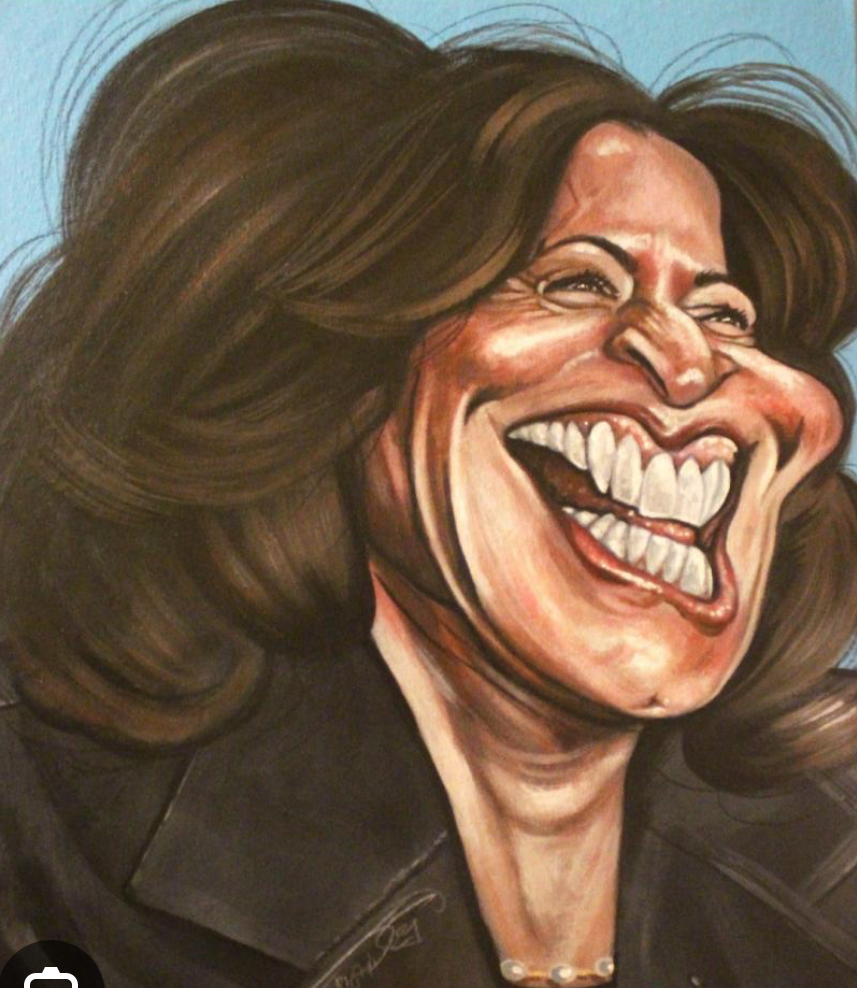IDF spokesperson Daniel Hagari announced that Israel’s military has uncovered a money bunker worth half a billion dollars belonging to Hezbollah’s deceased leader Hassan Nasrallah underneath a hospital in Lebanon.
The store of money was discovered underneath the Al-Sahel Hospital in Dahieh, Beirut, and was used as Nasrallah’s hiding place during emergencies.
Hagari said that Israel’s military will not strike the hospital.
However, hospital director Fadi Alameh has denied the facility has any connection to Hezbollah and has urged the Lebanese army to guard the site.
According to a N12 report, the money is used by Hezbollah to fund its activities and much of it has been diverted from funds intended for the Lebanese public.
“This bunker is deliberately placed under the hospital and on both sides of it,” Hagari said. “You can see the buildings under which the entrance shafts to the bunker are located.”
“This money could and still can go to rebuilding the state of Lebanon. This money had been intended to go exclusively to arming the terrorist organization Hezbollah and had no other destination,” he added.
Hagari said the IAF will continue to monitor the compound.
He continued, “We call on the citizens of Lebanon, the Lebanese government, and international institutions – do not allow Hezbollah to keep terrorist funds under a hospital. Even in the coming hours, we will continue to attack Hezbollah targets throughout Lebanon, including in Beirut in Dahieh.”
The IDF also reported it carried out airstrikes against Hezbollah’s banks and financial institutions used to launder money and fund terror attacks.
The Al-Qard al-Hassan Association (AQAH), often referred to as Hezbollah’s “bank,” is technically a charitable association.
Israel apparently struck 20 of AQAH’s 34 branches in crucial Hezbollah strongholds, including Beirut, Tyre, Sidon, and Baalbek, on Sunday night.
In comments to The Press Service of Israel, one senior figure in the Israeli intelligence community described AQAH as “one of the largest centers of economic power for the Iranian proxy.”


















